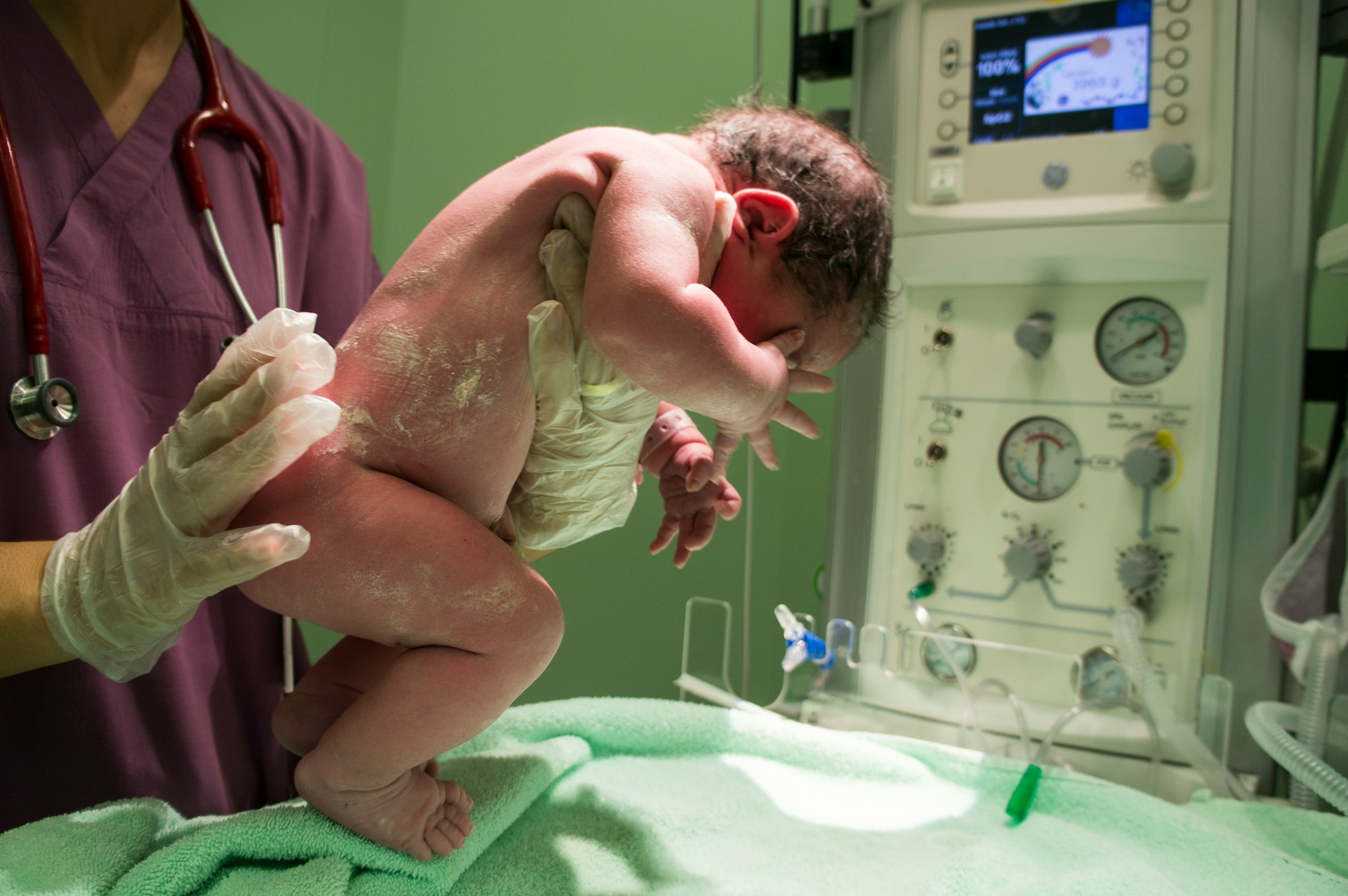In a recent appearance on Jimmy Kimmel Live!, actress Michelle Williams discussed her experience with surrogacy, highlighting a growing trend among celebrities. Williams revealed that her third child was born via a surrogate, stating, "Well, then, I’ve gotta give a big shout out to Christine. Because this last baby did not come through my body. The miracle of our little girl is thanks to Christine."
Explainer Immigrants Create 21 Children Via Surrogate Before Allegedly Abusing Them
Williams' comments come as surrogacy gains visibility in popular culture, with many public figures openly discussing their choices. Critics, however, argue that this trend oversimplifies the complex emotional and psychological implications for children born through surrogacy.
Research indicates that newborns are biologically predisposed to recognize their mothers immediately after birth. Experts suggest that when a mother is absent, infants may experience profound grief and distress. Pediatrician and psychoanalyst Donald Winnicott emphasized the deep bond between mother and child, stating that the separation can create a lasting emotional void.
Rhonda Robinson, a mother of nine and an advocate for traditional family structures, expressed concern over the normalization of surrogacy. "Mothers are not interchangeable. Nothing fills the hole left by losing your mother," she said, reflecting on her own experiences of abandonment.
The surrogacy industry has evolved significantly over the decades. Once primarily catering to middle-class couples facing infertility, it has expanded into a global market valued at approximately $22.4 billion. Projections suggest this figure could rise to $201.8 billion by 2034, driven by a broader definition of infertility that includes single adults and same-sex couples.
Supporters of surrogacy argue that it provides a valuable option for those unable to conceive naturally. They contend that surrogacy can fulfill the desires of individuals and couples wishing to start families. However, critics maintain that the practice commodifies children, reducing them to products that can be bought and sold.
In her commentary, Robinson noted the emotional toll that separation from a biological mother can inflict on children. "It is not just separation. It is a hole torn in her inner self. Chances are, she will spend a lifetime searching for a cure," she stated, drawing from her own experiences as an adopted child.
The debate over surrogacy continues to evoke strong opinions on both sides. As more celebrities embrace this option, the ethical considerations surrounding surrogacy remain at the forefront of public discourse, prompting calls for a deeper examination of its implications for children and families alike.
Why it matters
- Michelle Williams' surrogacy experience highlights a growing trend among celebrities, increasing public awareness of the practice.
- The discussion raises ethical concerns about the emotional impact of surrogacy on children, emphasizing the bond between mother and child.
- Critics argue that the normalization of surrogacy oversimplifies complex emotional issues, prompting a reevaluation of its implications.
What’s next
- Calls for further investigation into the psychological effects of surrogacy on children are gaining traction.
- Advocates for traditional family structures are organizing discussions to address concerns about surrogacy's impact on family dynamics.

